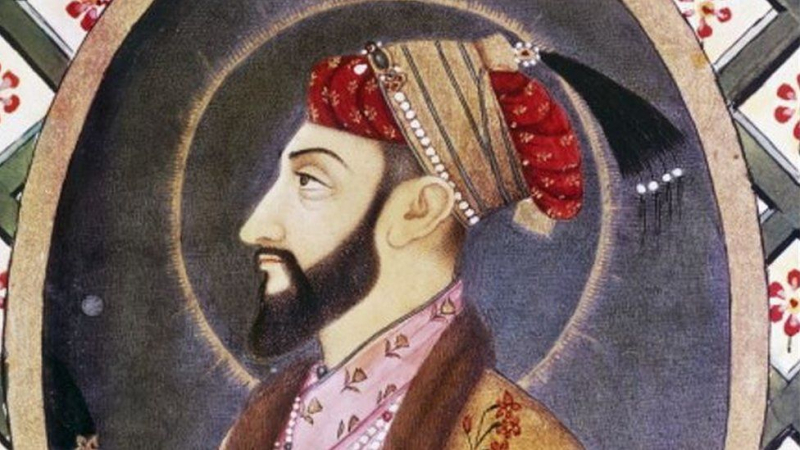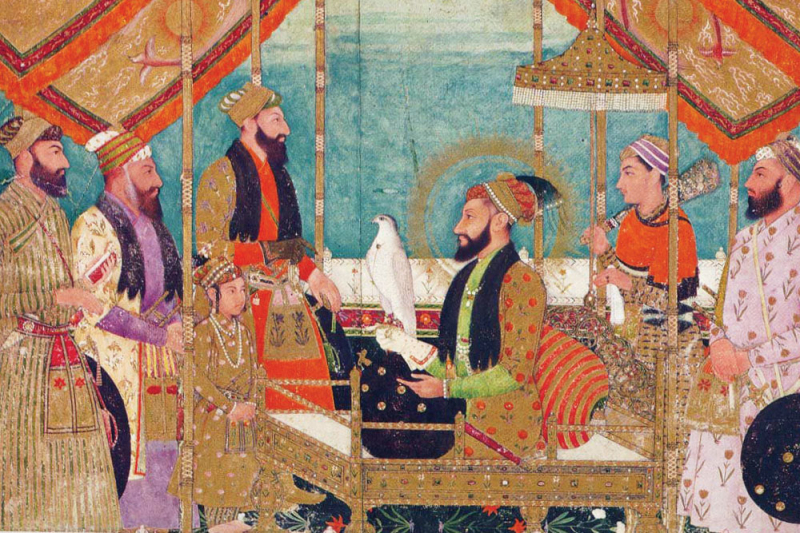Aurangzeb

Aurangzeb was a capable administrator and military commander who avoided the decadence and drug abuse problems that had dogged many of his predecessors. He oversaw the Mughal Empire at its geographical peak, pushing the southern border all the way to Tanjore along the Deccan peninsula. But the empire began to fall apart during his reign as well. He ended many of the policies of religious tolerance that had made pluralism and social harmony possible because he was a more devoutly orthodox Muslim than his predecessors.
Events within the empire grew more disorganized during his reign. Rebellions were sparked by racial tensions and onerous agricultural taxes. The majority of these uprisings were put down by Aurangzeb, but doing so put a strain on the imperial government's financial and military resources. The empire was still standing when Aurangzeb passed away in 1707, but the conflicts that surfaced during his nearly five-decade rule plagued his successors and led to the empire's slow disintegration over the course of the 18th century.







